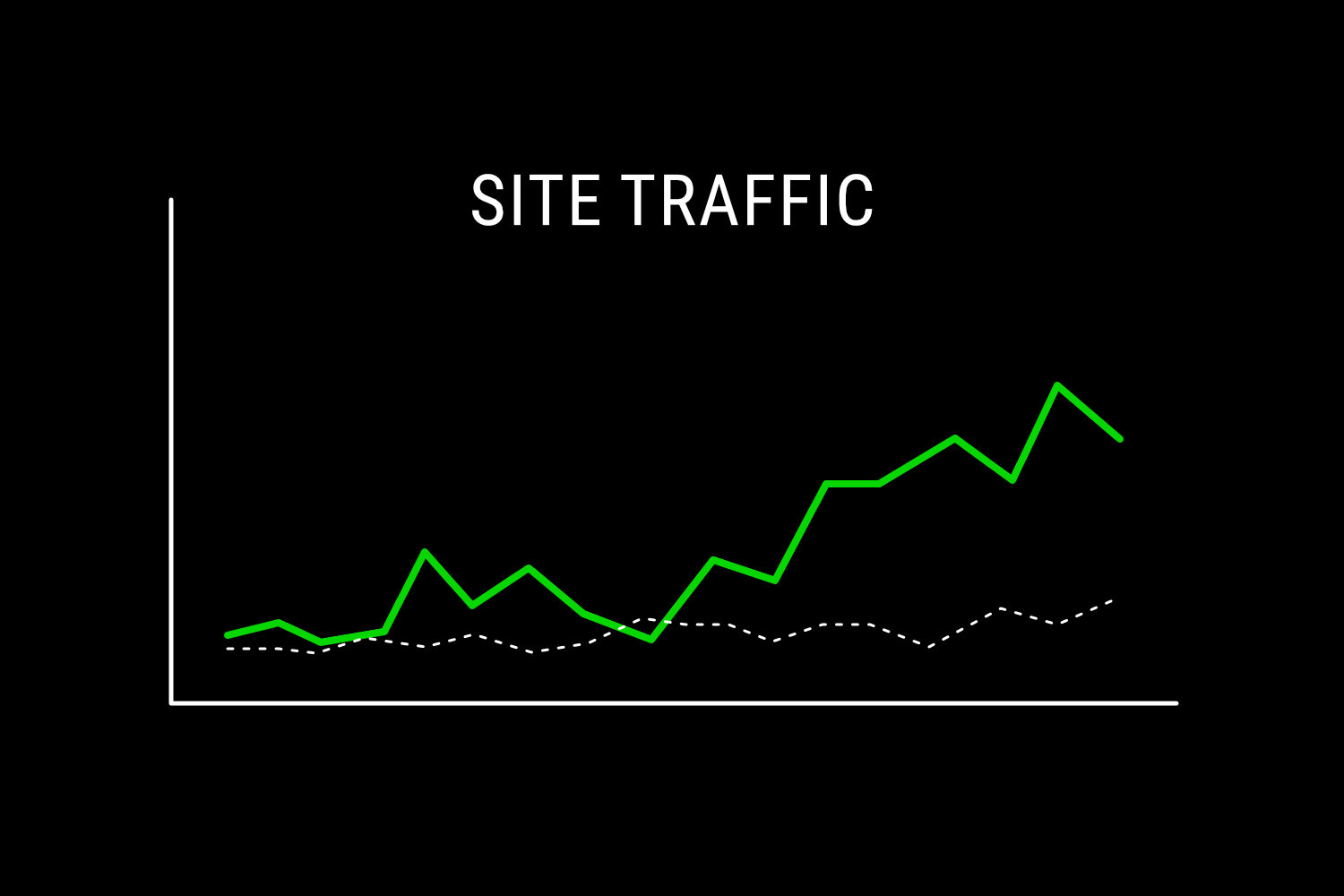SEO for Academic Websites
Good search engine optimization (SEO) practices can help your site rank higher in search engine results pages (SERPs), drive traffic to your site, and increase the visibility of your work. Here are some tips for maximizing the SEO potential of your academic website.
1. Conduct keyword research
Keyword research is the foundation of good SEO. You need to know what keywords your target audience is using to search for information related to your lab or department. Use keyword research tools such as Google Keyword Planner to find relevant keywords and phrases that you can use on your website.
2. Optimize your website’s structure
Your website’s structure is critical to good SEO. Use a clear and organized structure, with easy-to-navigate menus and intuitive page names. Make sure your website is easy to navigate and that each page is accessible within a few clicks from your homepage.
3. Create high-quality content
High-quality content is essential for good SEO. Your content should be informative, engaging, and relevant to your target audience. Make sure your content includes your target keywords and phrases, but avoid keyword stuffing or other black hat SEO tactics.
4. Build quality backlinks
Backlinks are links to your website from other high-quality websites. These links are critical to good SEO and can help improve your website’s authority and ranking in SERPs. Build quality backlinks by creating high-quality content, guest posting on relevant blogs, and participating in online communities related to your field.
5. Use meta descriptions
Meta descriptions provide search engines with information about your website. Use relevant and descriptive meta descriptions that include your target keywords and phrases. This will help search engines understand what your website is about and improve your website’s ranking in SERPs.
6. Monitor your website’s performance
Finally, monitor your website’s performance using analytics tools such as Google Analytics and Bing Webmaster Tools. Analyze your website’s traffic, bounce rate, and other metrics to identify areas where you can improve your SEO strategy.
Conclusion
Maximizing the SEO potential of your academic website is critical to its success. Use keyword research, optimize your website’s structure, create high-quality content, build quality backlinks, use meta tags and descriptions, and monitor your website’s performance to improve your website’s ranking in SERPs and drive traffic to your site.




Latest Blog Posts